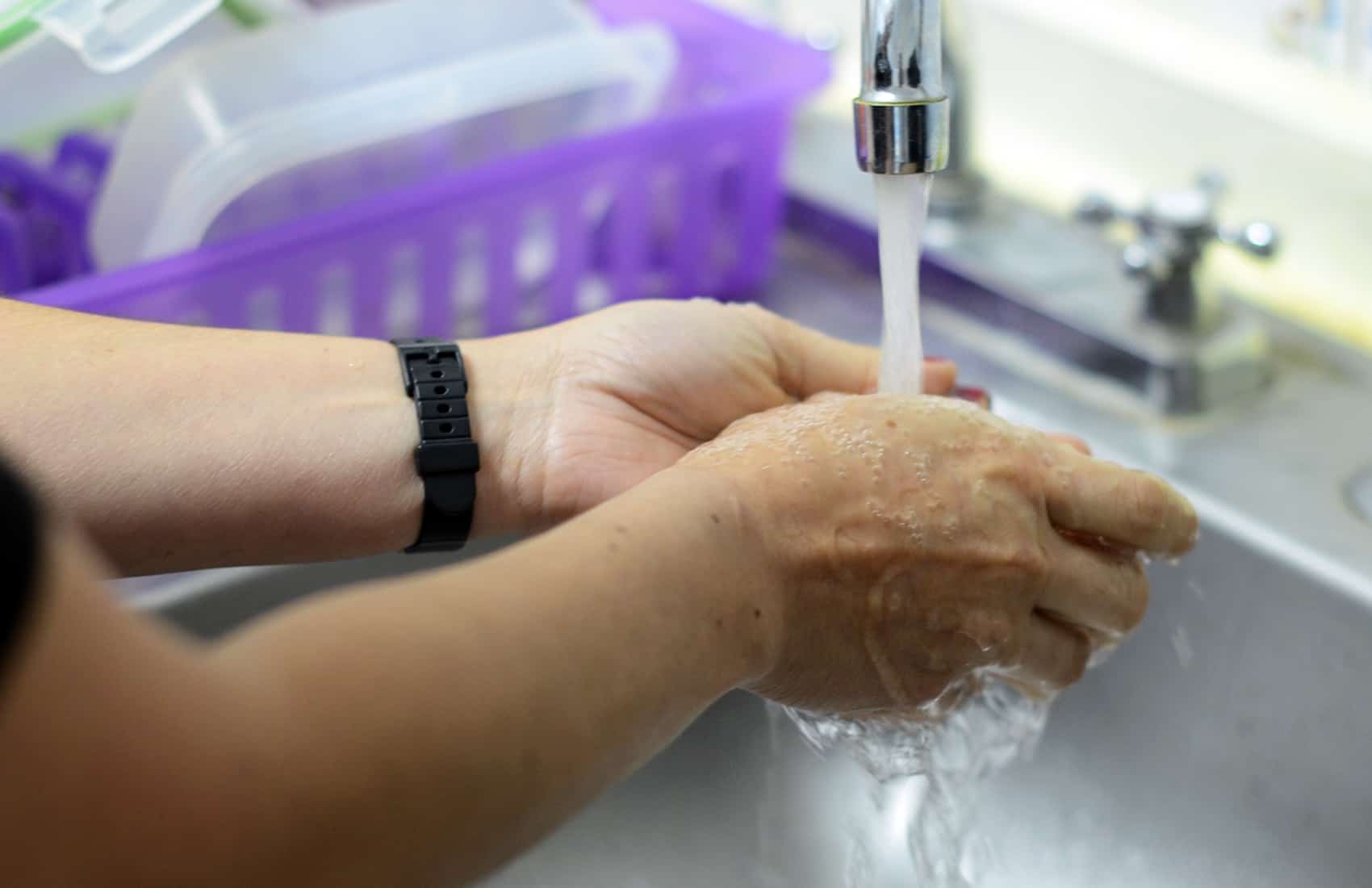Costa Rica on Friday adopted a constitutional reform that guarantees access to water as a “human, basic and inalienable” right.
The constitutional reform, approved last week by the Legislative Assembly, was enacted by President Carlos Alvarado in the Tapantí National Park in the town of Orosi, 25 km east of San José.
The ceremony was part of Costa Rica’s commemoration of International Environment Day.
“Every person has the basic and inalienable human right of access to drinking water, as an essential good for life,” establishes the norm incorporated into the Constitution.
The new constitutional provision also stipulates that access to water for human consumption will have priority over other uses.
The deputy Paola Vega, one of the promoters of the reform, assured that it is a milestone that will be followed by other countries.
“This reform is going to guarantee that there is human dignity, because without water there is no dignity, there is no life, there is no economy, there is no way to survive,” Vega said.
Alvarado stressed that “the signing of this law occurs in a context of national emergency, placing the health of people ahead of any interest,” referring to the coronavirus pandemic.
For his part, the Minister of the Environment, Carlos Manuel Rodríguez, said that after the reform a law on water resources should be approved that puts into practice the principles incorporated in the Constitution.
Rodríguez highlighted the importance of the reform being signed in the Tapantí National Park, which he described as “a great water factory for the metropolitan area.”






